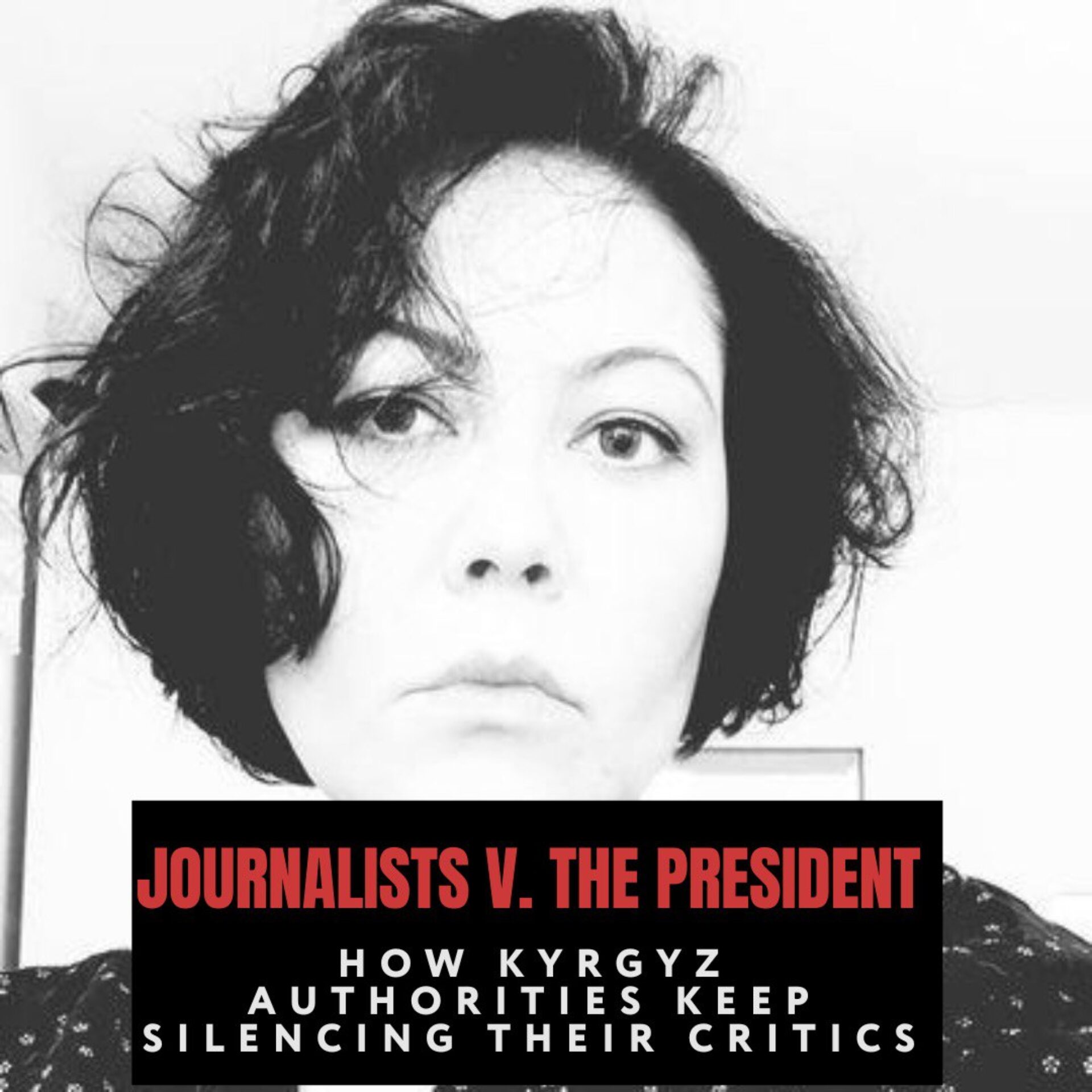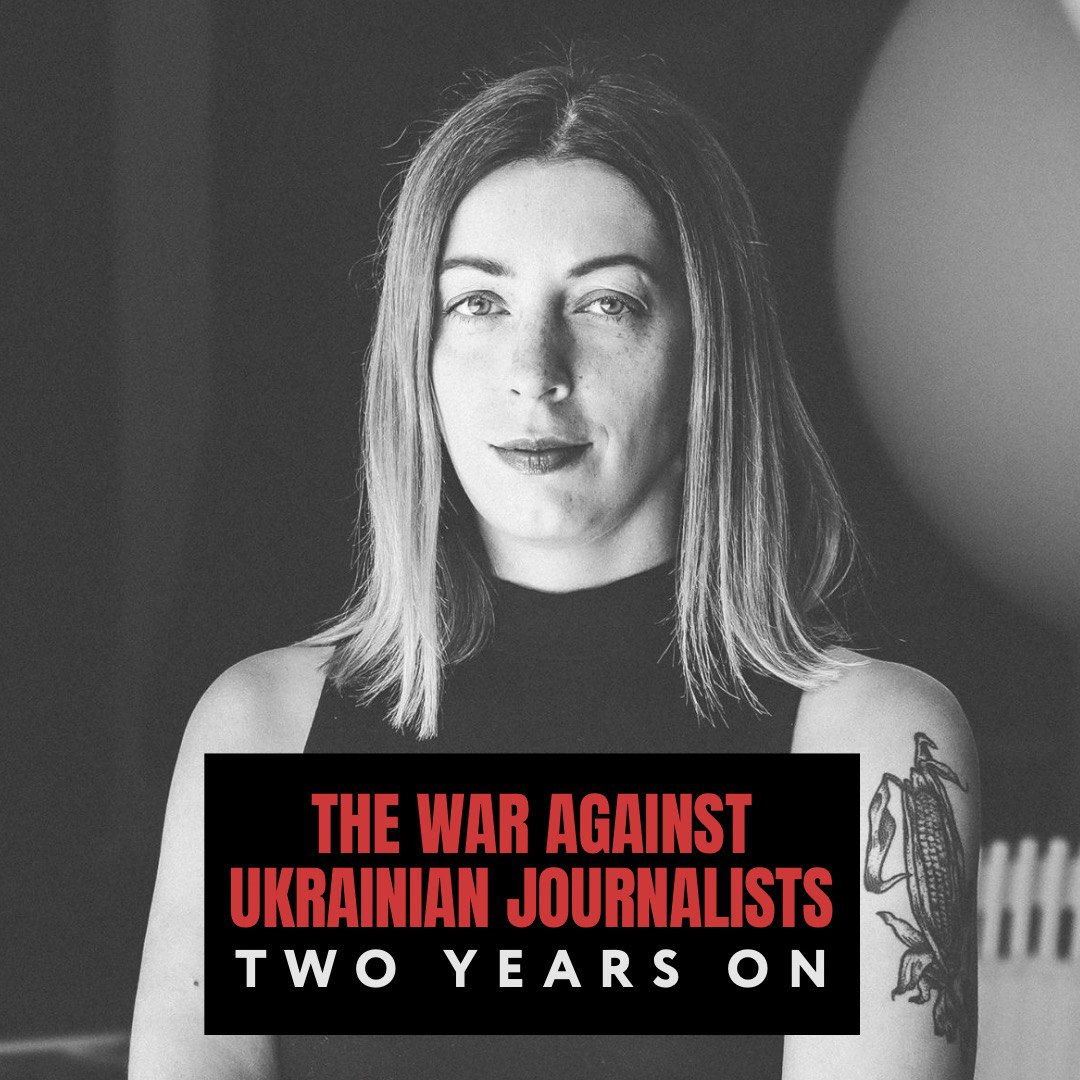INVESTIGATIVE GRANT PROGRAMME

At the March Copenhagen festival CPH:DOX, the documentary Black Snow by American journalist and filmmaker Alina Simone, supported by the JFJ Investigative Grant Programme, won the prestigious F:ACT award. Black Snow tells the story of a remote Siberian coal-mining city in the midst of an ongoing environmental disaster and an independent journalist, Natalia Zubkova, who embarks on a dangerous quest to reveal the full extent of the political and corrupt interests behind the catastrophe.

On March 22-30, the documentary Of Caravan and the Dogs by filmmaker Askold Kurov will be presented during the Movies that Matter festival in the Hague and at satellite locations throughout the Netherlands. Screenings are followed by a discussion about journalism in Russia. The documentary was also showcased during the International Film Festival and Forum on Human Rights in Geneva, Switzerland, in mid-March. Of Caravan and Dogs was supported by the JFJ Investigative Grant Programme.
On April 19, during the International Journalism Festival in Perugia, Italy, FLIP, Media Defence, and JFJ will hold the documentary screening and Q&A session: Recent surveillance cases in Colombia, El Salvador and Mexico. The documentary supported by the JFJ Investigative Grant Programme unveils the surveillance tools used by the Latin American states against citizens, journalists and human rights activists.
TROUBLE WITH THE TRUTH PODCAST
In March, two new episodes of Trouble with the Truth by Lana Estemirova were released. The first episode features exiled human rights activist and lawyer Leila Seiitbek, who talks about recent developments—the arrest of 11 independent journalists in Kyrgyzstan, the closure of prominent social media outlets, and the controversial ‘foreign representatives’ law that places NGOs in danger.
In the second episode of Trouble with the Truth, Lana spoke to the editor-in-chief of Zaborona and the co-founder of 2402 Foundation, Kateryna Sergatskova. How did Ukrainian journalists adapt to the new and dangerous environment? Why are discussions on mental health and burnout as important as ever? Why is it still crucial for journalists to investigate corruption and cronyism, even in times of war? What is the 2402 Foundation and how is helping media workers in Ukraine and beyond? What can we do to keep supporting Ukrainian journalists today? 2402 Foundation is supported by the JFJ since February 2022.
REPORTS
In March, JFJ released its annual reports about attacks on media workers in 2023 in Crimea, Tajikistan and Turkmenistan. JFJ partners monitor attacks on journalists in post-Soviet countries and occupied territories and publish the results daily on the Media Risk Map.
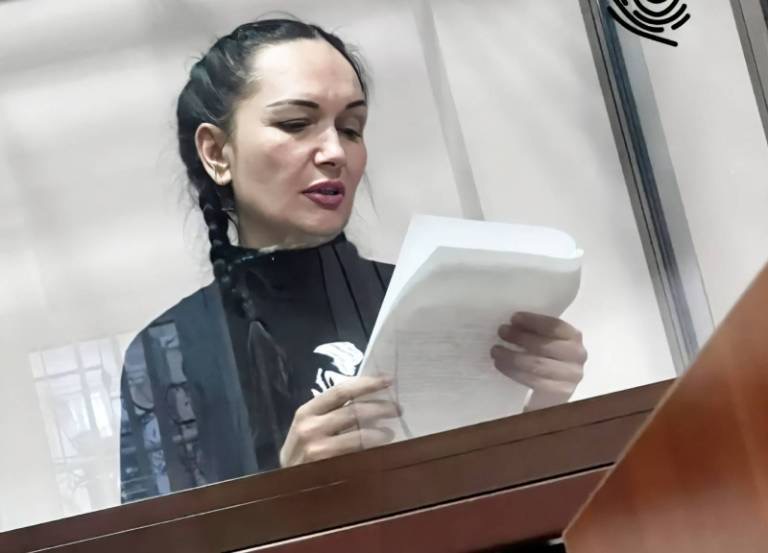
In Russian-occupied Crimea,164 cases of attacks were identified and analysed in the course of the research for 2022-2023. Attacks via judicial and/or economic means against media workers, bloggers, and online activists made up 78% of the total number of incidents. Since the occupation of the peninsula by the Russian Federation in 2014, suppression of independent journalism and attempts to establish full control over the media continued. Following the full-scale invasion, a number of media outlets were forced to completely cease their operations.
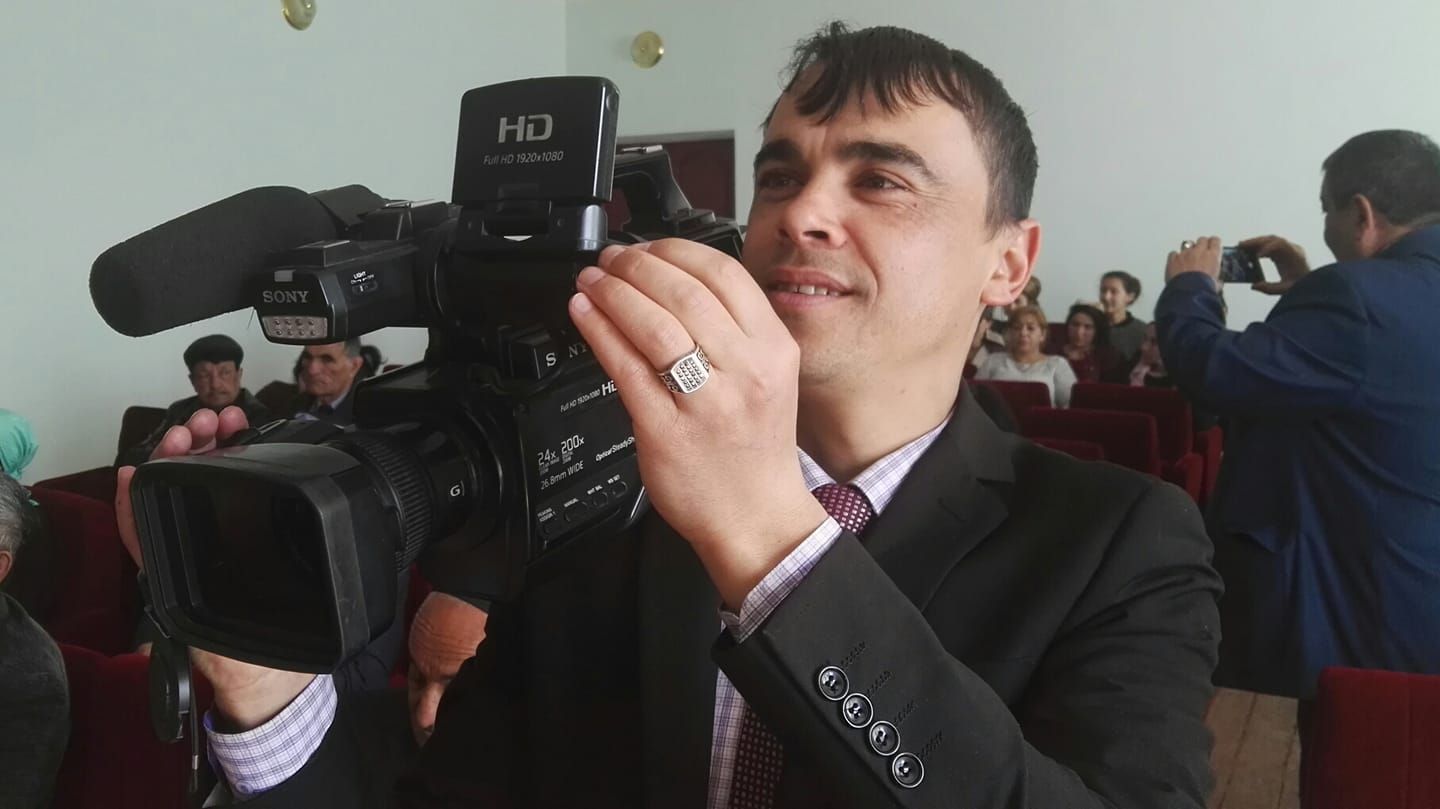
In Tajikistan, in comparison to the previous year, 2023 saw a threefold decrease in the number of attacks on media workers, from 92 to 31 cases. 61% of identified attacks were committed by government officials. The authorities used judicial means of attacks, including against the relatives of journalists and media workers. Seven Tajik publications, three of which are state-owned, received threats of impending cyber-attacks from a group of Russian hackers called “CyberHooligans” in retaliation for “crimes committed by Tajik citizens based in Russia”.
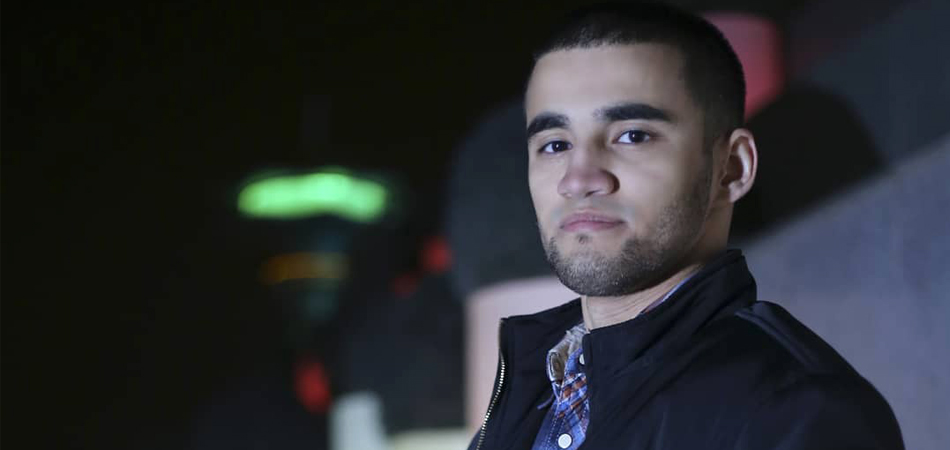
In Turkmenistan, following the 2022 elections whereby Serdar Berdimuhamedow succeeded his father, Gurbanguly Berdimuhamedow, as the President of Turkmenistan, as well as the 2023 elections to the Turkmen parliament and local authorities, the repressive measures to exert total control over the internet and information space have intensified. At least eight incidents of physical attacks, including death and disappearance, targeted bloggers and dissidents in exile.
EVENTS AND ADVOCACY
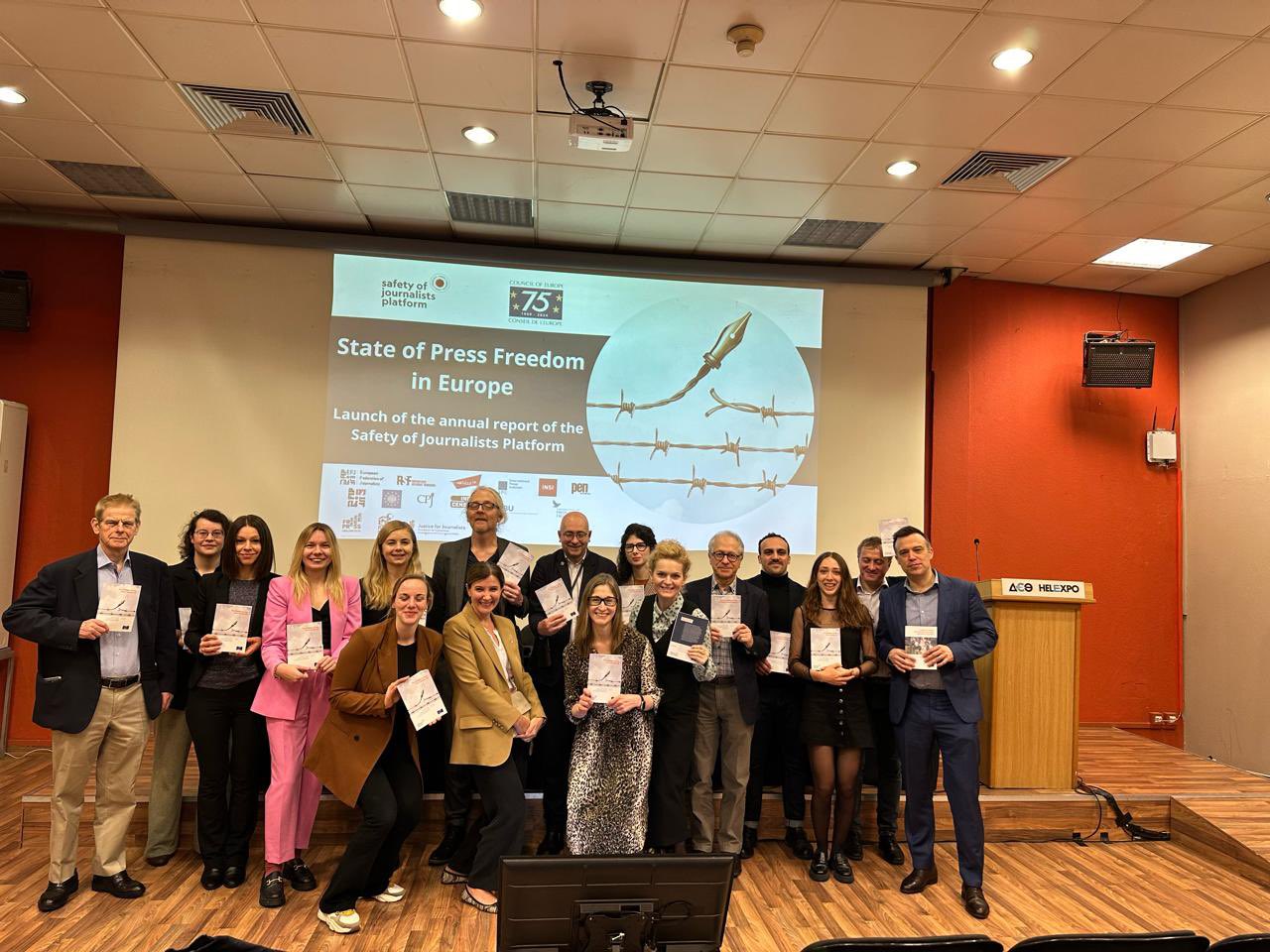
- On 5 March, the Platform to Promote the Protection of Journalism and Safety of Journalists launched the report Press Freedom in Europe: Time to Turn the Tide in Thessaloniki, Greece. The report is written by the Platform’s Partner Organisations, a coalition of fifteen press freedom NGOs and journalists associations. It highlights key areas of law, policy and practices affecting media freedom and safety of journalists in Europe and identifies actions required to improve the effective protection of journalists. JFJ’s Director Maria Ordzhonikidze participated in the press conference dedicated to the report launch stressing the importance of the safety of journalists in exile. This has been supported by the testimony of iStories journalist Irina Dolinina who is the victim of surveillance and harassment in the Czech Republic.
- On March 8, International Women’s Day, the Justice for Journalists Foundation called on international media freedom organisations to support female media workers who are currently imprisoned or facing persecution from the authorities in post-Soviet space. At least 23 female media workers are currently imprisoned in Azerbaijan, Belarus, Kyrgyzstan, Russia, Tajikistan, Uzbekistan and occupied Ukrainian territories.
- On March 20, the Justice for Journalists Foundation and partners of the Safety of Journalists Platform sent a letter to the Czech and European authorities urging them to address security threats faced by exiled Russian journalists Irina Dolinina and Alesya Marakhovskaya in the Czech Republic. Partners of the Safety of Journalists Platform asked the Czech government to reopen the investigation of the case, to provide enhanced security measures to the journalists, to identify and take action against the perpetrators, and to work with European partners and Europol to improve the security of personal information.

In March, Orkhan Dzhemal Media Safety Academy, in partnership with two international organisations supporting freedom of speech worldwide, conducted a five-day training retreat for 16 Russian journalists in exile. Training-retreat consisted of three parts: OSINT, journalism ethics and psychological retreat.
The OSINT course included theoretical and practical exercises in fact-checking; tools for photo and video verification; working with search engines; public data collection, AI managed datasets, unofficial data, social media and etc.
Journalism ethics covered the role of reporters in society; the trustworthiness of sources; ethics of gathering content and covert reporting; protecting sources and anonymity; working with children and traumatized individuals; importance of having newsroom policies and etc.
During the psychological retreat, trainers provided various tools for dealing with continuing stress and burnout. Media workers who currently reside in different countries had an opportunity to meet in person, share their problems and difficulties, support each other, and create new professional collaborations.
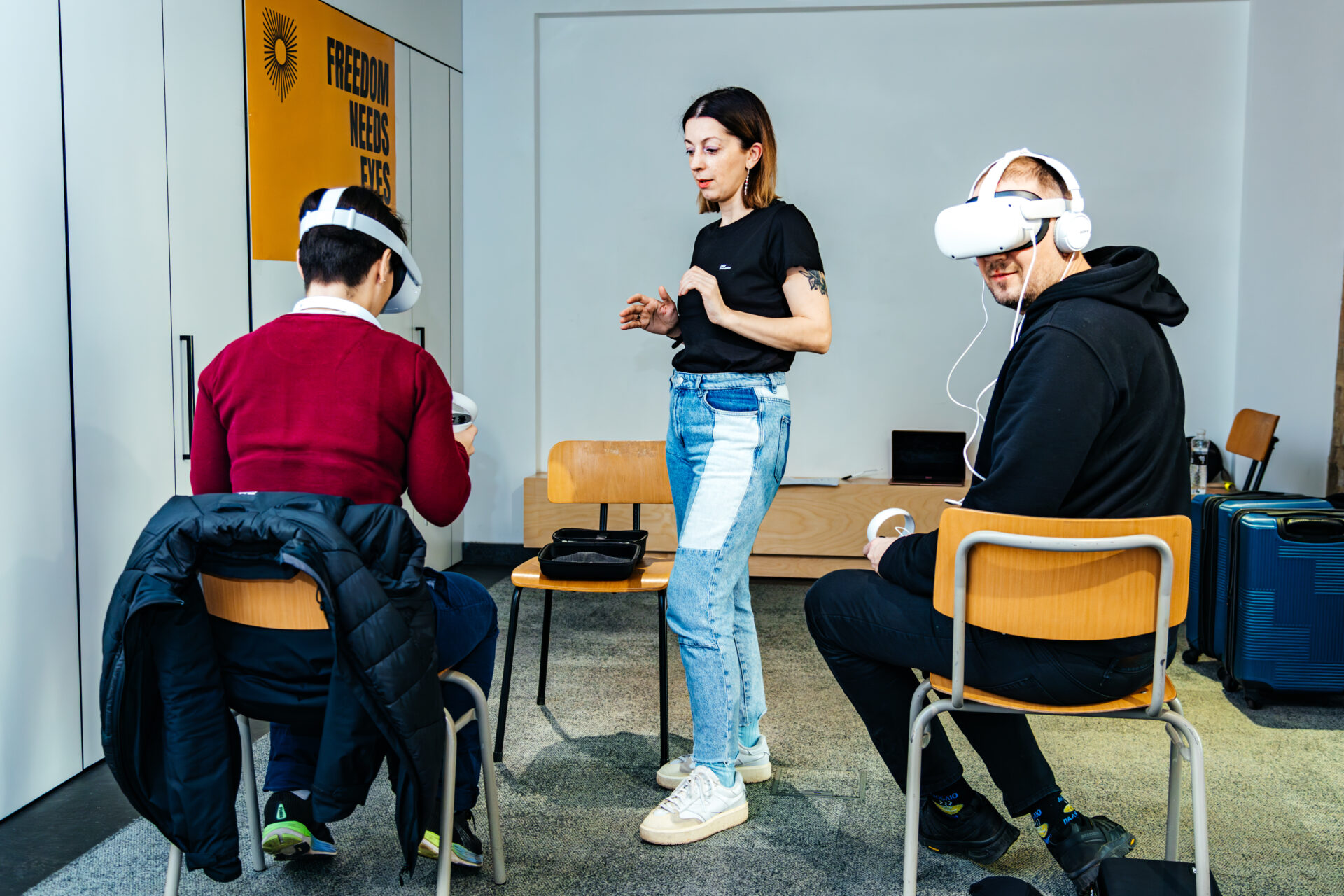
On March 22-24, the 2402 Foundation conducted HEFAT + VR safety training for journalists, editors, freelancers, local producers, documentarians, photographers and videographers working in a war zone. The VR program is based on two main scenarios: civil unrest and digital security. They will allow journalists to experience work during civil unrest and learn how to protect information in real threat and psychological pressure conditions. The basic security course is free and supported by the Justice for Journalists Foundation. Similar training will be also held in April and May 2024.
On March 28, the 2402 Foundation will open the “Culture of Safety” space with trainings, a cafe and a shop in Kyiv. Its mission is to unite people who are interested in safety. The event is held with the financial support of the international funds Justice for Journalists, Digital Defenders and the Czech non-profit organization People in Need.
If you are a media worker and require safety training of any kind, please do not hesitate to write a request to academy@jfj.fund.

